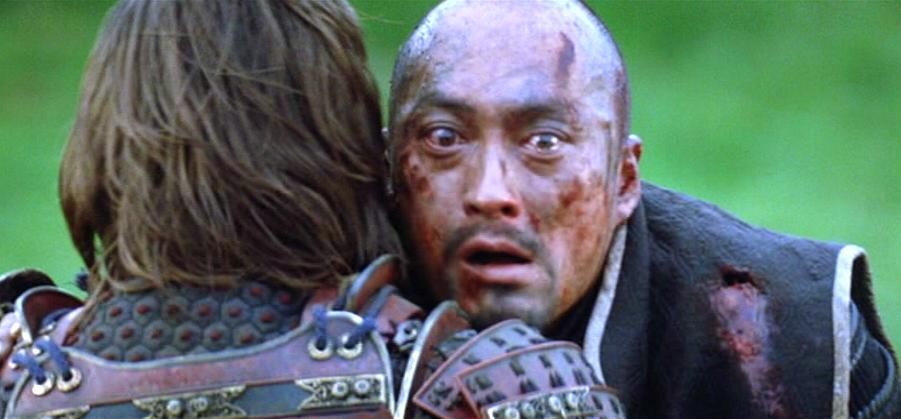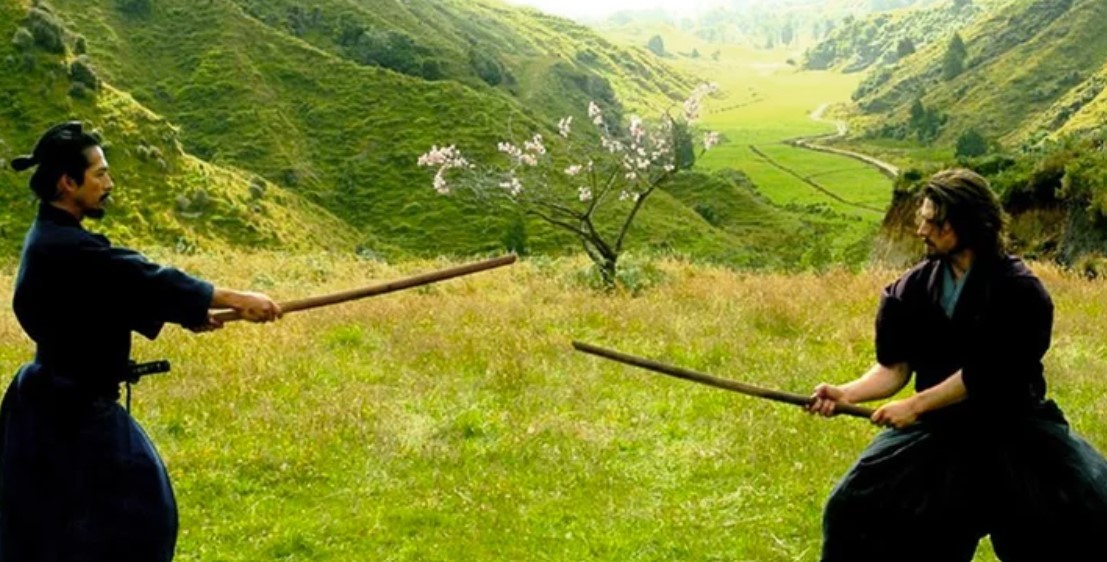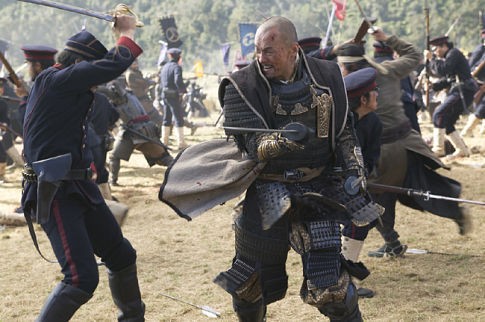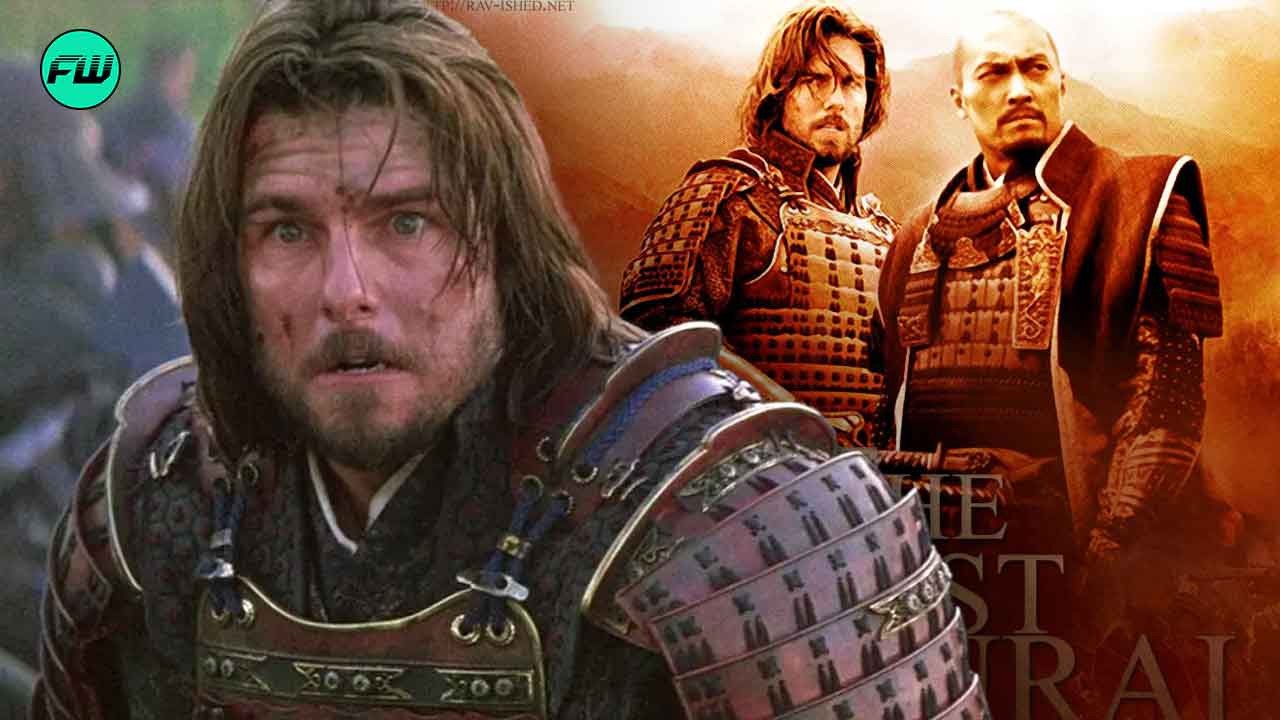Hollywood megastar Tom Cruise’s 2003 action-war epic The Last Samurai holds greater significance than depicted. While the film sought to bring the rich essence of Japanese traditions and culture to the American audience, it was still led by a white actor that sparked discussions.

The film directly revolves around a specific story of a battle between modernization and tradition, but the bigger picture involves the inclusion of true Asian spirits, ditching the stereotyped characteristics. Helmed by Edward Zwick, The Last Samurai stands as a pioneer film in the emergence of Asian actors and themes in the American film industry. Decades after the film’s release, Ken Watanabe took the opportunity to address a deep-rooted issue of Hollywood that prejudiced Asian talent.
Ken Watanabe reveals the deeper meaning behind The Last Samurai

Co-starring alongside Tom Cruise’s U.S. Army Captain Algren, Ken Watanabe outshone him playing Katsumoto, as he does to most of his co-stars in blockbuster movies; Inception, Godzilla, The Creator; cementing his place in Hollywood. However, the Japanese actor once made a blunt revelation, calling out the American film sphere for typecasting Asian actors.
Talking to The Guardian in a virtual interview from his home in Honshu, Japan, the 64-year-old actor reflected on his breakthrough role as Katsumoto in The Last Samurai. He also won an Academy Award for the same in Best Actor in a Supporting Role category in 2004. Speaking of how the movie pioneered Asians in Hollywood, Watanabe said,
“Before The Last Samurai, there was this stereotype of Asian people with glasses, bucked teeth, and a camera. It was stupid, but after [The Last Samurai] came out, Hollywood tried to be more authentic when it came to Asian stories.”
Hinting at the portrayal of Mickey Rooney’s Mr. Yunioshi in Breakfast at Tiffany’s, Watanabe was keen on bringing a fresh and unseen perspective for Japan, and Asia as a whole, to the American audience that elevated the cruciality of filming The Last Samurai. Nevertheless, it is worth noting that Watanabe is indebted to Cruise for diluting the preconceived notions of Asian actors in his movie.
Language was a barrier for Ken Watanabe

Watanabe is one of the few Asian stars who have managed to make it big in Hollywood. The actor was already established in the Japanese film industry, but the switch to the West was accompanied by language barriers. He said,
“The most difficult thing was the language. I’d never acted before in English. I tried to get the language right so I could focus on the acting. But really, acting is the same, whatever language you use.”
Quick to note the universal similarities, Watanabe left no crumbs with Katsumoto. Even though the film entangled itself with some racial controversy, The Last Samurai maintains its importance for pushing the boundaries of Hollywood’s Asian stereotypes.
The 2003 war epic spins around the 19th-century Meiji Era of Japan, when the nation first opened its doors to modernization after centuries of isolationism. Based on a true historical time of the country, it presents Tom Cruise’s Nathan Algren enlightened by the Samurai generation but seeks to plant his Westernized ideas in Japan’s commercialization.
The Last Samurai is now available to stream on Paramount+.


